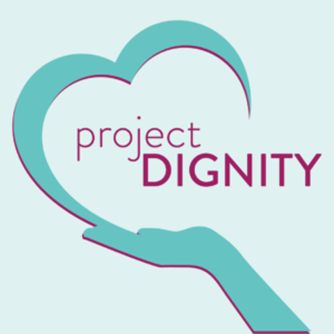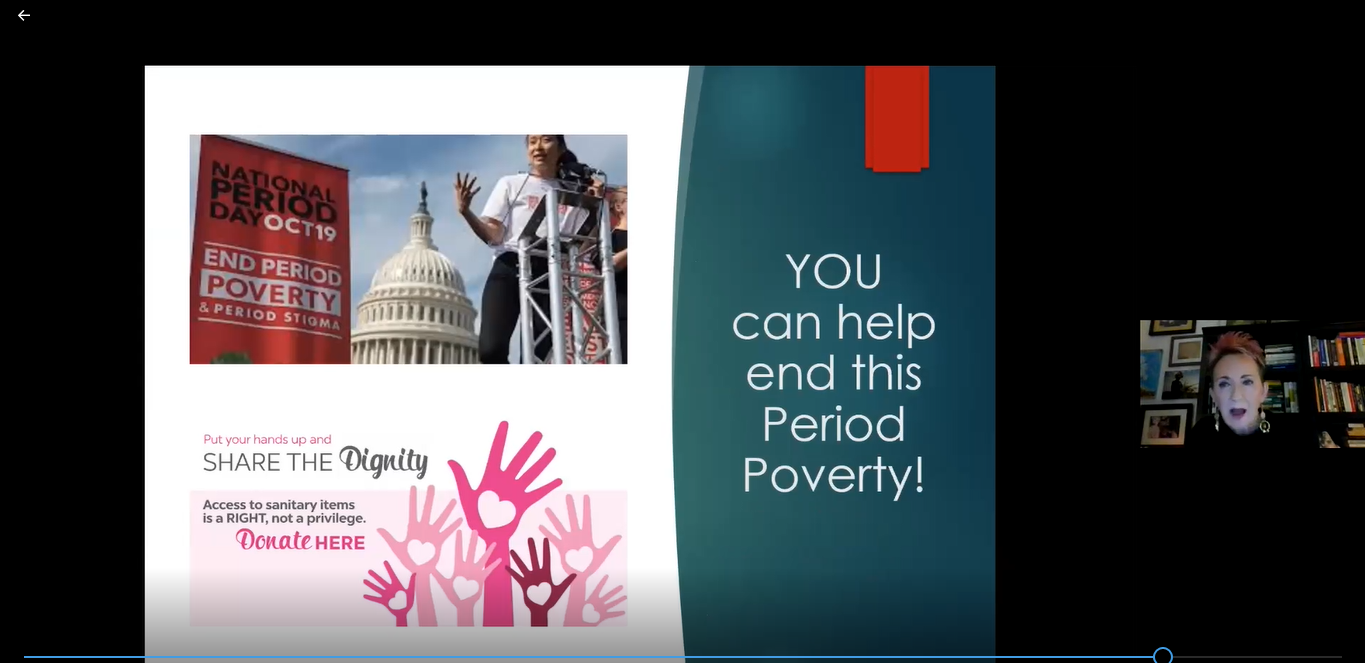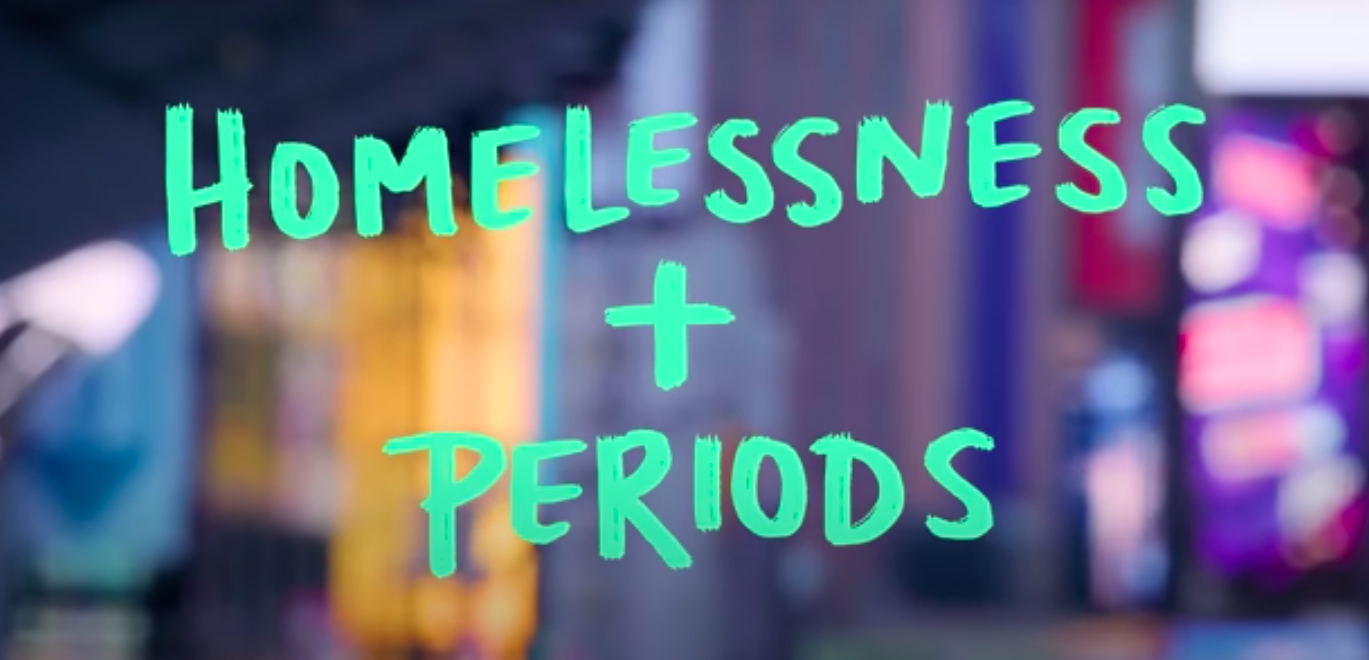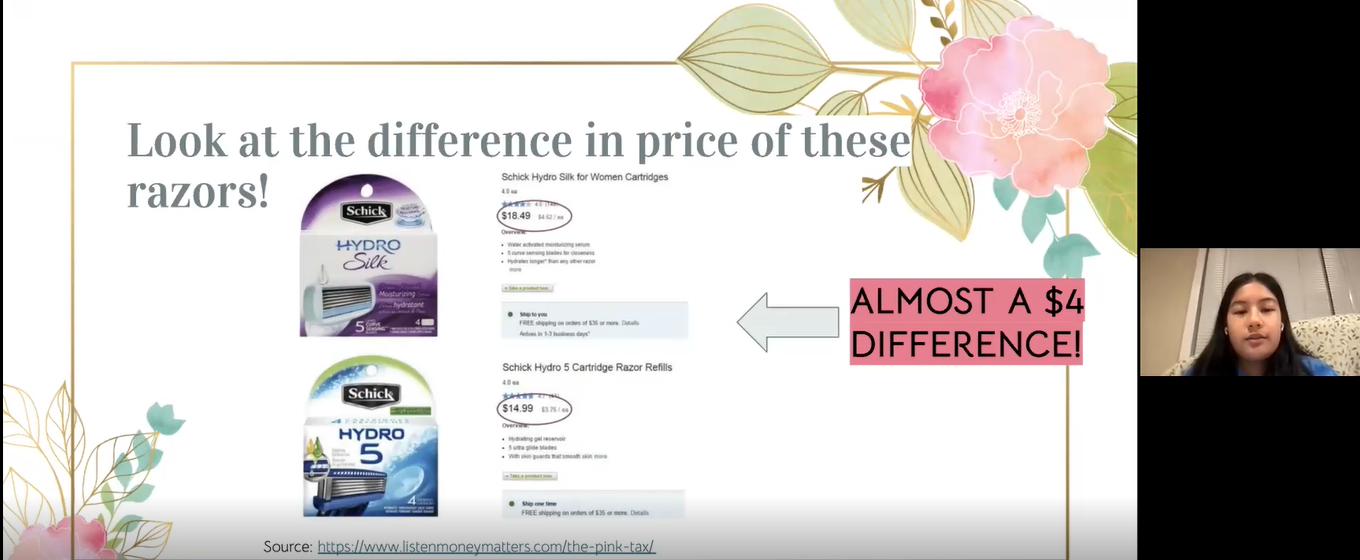 Period poverty is one of the most overlooked struggles, yet it still manages to affect more than 40 million people here in the United States alone, according to the Shriver Report. In January, the Jumpspark Strong Women Fellowship hosted a Zoom meeting to discuss the topics of period poverty, menstrual equity, and what the Atlanta community can do to create change. Lorrie L. King, former public health and humanitarian response professional, spoke to the group about how her experiences have taught her about the importance of advocating for menstrual aid projects and educating people on menstrual issues. Another big component of the event was involved with Project Dignity, a program created by the Jewish Federation to bring people facing period poverty the supplies and education they need to maintain menstrual hygiene.
Period poverty is one of the most overlooked struggles, yet it still manages to affect more than 40 million people here in the United States alone, according to the Shriver Report. In January, the Jumpspark Strong Women Fellowship hosted a Zoom meeting to discuss the topics of period poverty, menstrual equity, and what the Atlanta community can do to create change. Lorrie L. King, former public health and humanitarian response professional, spoke to the group about how her experiences have taught her about the importance of advocating for menstrual aid projects and educating people on menstrual issues. Another big component of the event was involved with Project Dignity, a program created by the Jewish Federation to bring people facing period poverty the supplies and education they need to maintain menstrual hygiene.
The event kicked off with a brief explanation of the purpose of Project Dignity, and Lorrie presented a video about period poverty. Produced with women experiencing homelessness in New York City, this video was made to open the eyes of people around the country to what unhoused people who menstruate go through each month.
Many people living on the streets and facing poverty, in general, are forced to choose between necessary menstrual hygiene commodities and food because the products are overpriced. Rather than purchasing the typically expensive period products, people have resorted to using all types of materials to “take care” of their period. Some of these include napkins, socks, leaves, rags, and shirts, all of which do not meet the standards of safe-to-use products.
Later in our session, the group began discussing the history behind periods and how the menstrual cycle used to be something celebrated but has slowly become something taboo and to be ashamed of among many cultures. Many menstruating people in places like Western Nepal are removed from their primary living spaces and sent to unsanitary huts while they are on their periods. These women are cast out and are forced to live in sheds with the farm animals because menstruating is considered to be dirty and impure.

This culture of removing women from their homes and placing them in the subtropical elements, such as extreme temperatures and high altitudes, causes many women to be prone to further health issues and to die. Girls living in these areas have been neglected and are uneducated about their own bodies. They do not understand what happens to them every month, nor where the blood even comes from. This lack of education and information leads to extreme misinformation among the culture, which causes more pain and suffering for women.
Period poverty is a global issue, but it also affects many people here in Atlanta, and Project Dignity also works to help create change locally. Periods are a personal topic, especially for young people who have to manage their period while going to school and maintaining education. This month, Project Dignity is focusing on donating menstrual products to high schools in the Atlanta community. According to a survey done by State of the Period, 1 in 5 teenagers suffer from period poverty, and many high schoolers who get their periods are not supplied with necessary items such as pads and tampons during their school week, which Project Dignity is trying to change.
Periods should not be something that has to impair the education and school days of teenagers. Pads and tampons should be supplied in restrooms of public schools to ensure that no student will have to worry about how they will manage their period.
Another major initiative of Project Dignity this month is to help provide menstrual products for local refugee centers. When refugees arrive in Atlanta, they are each given packs filled with essentials; however, these packs almost never include period supplies. Project Dignity has set up an Amazon wishlist to make it as easy as possible for people to donate period supplies. Both of these missions are equally important and can easily be achieved with the support and generosity of our community.
Leah Moradi, 16, is a sophomore at The Weber School in Sandy Springs, GA, who enjoys being with friends, reading, and advocating for topics she is passionate about.





